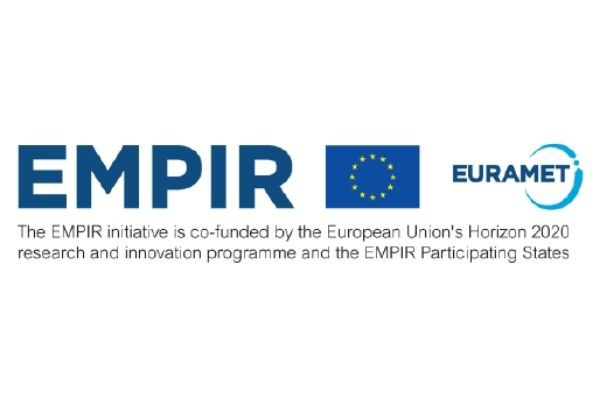Whilst you may not often hear of Germanium (Ge), Cobalt (Co), Indium (In), Tantalum (Ta), Neodymium (Nd), Praseodymium (Pr), Dysprosium (Dy) or Gadolinium (Gd), these elements, alongside more familiar ones such as Gold, Platinum and Lithium, are critical to everyday technologies such as energy efficient lighting, mobile phones and computers, and new green technologies including electric vehicles and wind turbines.
These technology critical elements (TCEs) have unique properties, making them difficult to replace with alternatives. Due to their low natural abundance, limitations on supply due to their location and high demand, Europe currently primarily relies upon imports of TCEs. As such, ensuring a secure supply is critical to future sustainability plans.
One approach toward a more sustainable supply of TCEs is through the recovery and recycling of these elements from existing electronic waste. However, the challenge is how to reliably detect and extract the small concentrations of specific TCEs from within large volumes of electronic waste which is comprised of a huge variety of metal, glass, plastic and organic materials.

To solve this challenge, our Inorganic Analysis team at the UK National Measurement Laboratory at LGC are working with partners across Europe and the recycling industry to develop and underpin analytical methods to determine the presence of TCEs, within electronic waste samples. This knowledge can then be used by the industry to determine suitable recycling pathways and promote the reuse of TCEs.
The MetroCycleEU project began in June 2021 and will run for 3 years. It’s three core objectives are:
- Develop validated SI traceable reference methods for 14 TCEs in electronic waste materials at the mg/kg level (i.e. 1 mg of gold in 1 kg of waste).
- Develop traceable and validated reference materials using the methods from objective 1
- Use the validated methods and reference materials to support, improve and enhance the accuracy for routine methods used in the recycling industry

The project has been recognised as particularly important to the EU’s Circular Economy Action Plan, given the need for rapid growth in renewable energy and e-mobility solutions, and the significant potential economic impact of extracting TCEs from waste. For instance, the value of raw materials in electronic waste generated in Europe in 2019 was over $12.5 billlon.
